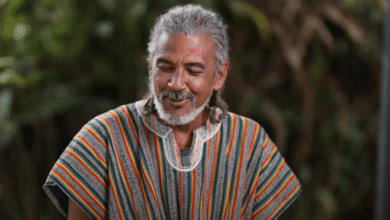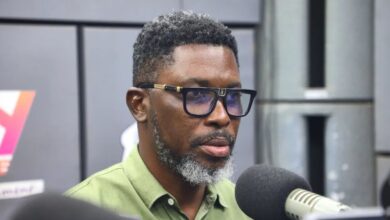If not now, then when? Mahama asks world on Africa’s place at UN

President John Dramani Mahama has called for sweeping reforms at the United Nations, insisting that the global body must evolve to reflect the realities of the modern world. Addressing the 80th Session of the UN General Assembly in New York on Thursday, September 25, 2025, he urged world leaders to recognize Africa’s rightful place in global decision-making.
“I mentioned earlier that I began my second non-consecutive term as President this past January. My first term ended in January 2017. In that span of time, eight years, the world has changed with such ferocity,” he told the Assembly.
Mahama likened his return to office to “awakening from a Van Winkle-style sleep,” noting how much the world had transformed in less than a decade.
He contrasted the world of 1945, when the UN was founded, with today’s rapid technological and geopolitical shifts.
“In 1945, the sun had not yet set on the largest empire in history. The most common mode of international travel was by sea. The personal computer had not been invented, let alone made portable, and television… was still in its infancy,” Mahama said.
“Fast-forwarding 80 years, he pointed to a new world defined by “cryptocurrency, artificial intelligence, social media, the Internet and its dark hidden dungeon of the dark web,” alongside worsening threats such as climate change and deforestation.
The Ghanaian leader stressed that the UN’s founding principles of sovereign equality were being undermined by outdated structures.
“The most powerful post-World War II nations are still being rewarded with an almost totalitarian guardianship over the rest of the world. And yet, the first sentence in Chapter 2, Article 1 of the UN Charter declares that the organisation is based on the principle of sovereign equality of all its members,” he argued.
He was emphatic that Africa deserved a permanent seat on the Security Council. “If this were true, and was the case, a continent as large as Africa, with its numerous UN member states, would have at least one permanent seat on the Security Council,” he said, stressing that veto powers should not be restricted to five nations nor remain absolute.
“There must be a mechanism in this House for the General Assembly to challenge a veto. No single nation should be able to exercise an absolute veto to serve its own interests in a dispute.”
Mahama drew inspiration from Nelson Mandela’s address at the UN’s 50th anniversary in 1995. Quoting Mandela, he reminded the Assembly:
“The United Nations has to reassess its role, redefine its profile, and reshape its structures. It should truly reflect the diversity of our universe and ensure equity among the nations in the exercise of power within the system of international relations in general, and the Security Council in particular.”
He lamented that three decades later, African leaders were still making the same appeal. “So today, Madam President, I stand here in this exact spot and ask the world, if not now, then when?” Mahama declared.
“We demand not only a reform of the Security Council, but also a reset of the global financial architecture, which is currently rigged against Africa. Africa must have a greater say in the world’s multilateral financial institutions.”
The President also broadened his appeal beyond Africa. “While I’m making requests, I’d like to call for the removal of the blockade on Cuba,” he added, invoking the words of Ghana’s founding leader, Dr. Kwame Nkrumah: “We seek to be friends with all and enemies to none. The Cuban people shed their blood on African soil in the fight against apartheid.”




